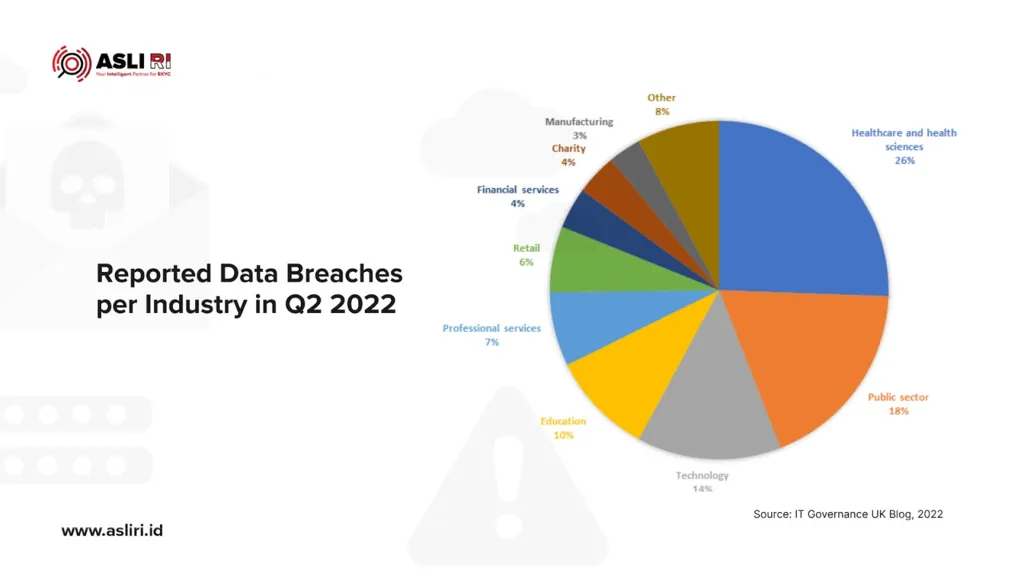Emerging economies have a massive opportunity to grow through digital innovation. Artificial intelligence (AI), fintech, and e-commerce can drive economic expansion. In fact, AI alone could add $5 trillion to global GDP by 2030 (McKinsey). However, this growth depends on strong measures of Balancing Innovation and Data Control in Emerging Economies. Without them, businesses and consumers may hesitate to embrace digital advancements. Data privacy concerns are a major issue in emerging economies. Only 41% of consumers trust businesses with their personal data, compared to 55% in developed countries (Edelman Trust Barometer). If companies fail to address these concerns, it could slow down innovation and limit economic growth.
Read Also: Opportunities in Indonesia Urbanization and Construction Growth
Balancing Innovation and Data Control in Emerging Economies: The Role of Data Regulation
One way to build trust is through strong data protection laws. Regulations not only protect consumers but also help businesses succeed. According to PwC, companies with clear data security policies are 40% more likely to gain consumer trust.
Moreover, good data laws attract investment. Countries with comprehensive data regulations, like GDPR in Europe, have seen a 15% rise in foreign direct investment (FDI) in their technology sectors (European Commission). This proves that businesses and investors value clear legal frameworks.

Ignoring data security comes at a high cost. The average cost of a data breach is $4.24 million, with even higher costs in industries like finance and healthcare (IBM). This shows why businesses and governments must take data control seriously.
Indonesia’s Digital Transformation
Indonesia is a perfect example of an emerging economy facing this challenge. Its digital economy is projected to hit $130 billion by 2025, driven by sectors like e-commerce and fintech (Google, Temasek, and Bain & Company). However, this rapid growth brings concerns about data privacy.
A survey found that 70% of Indonesian internet users worry about their personal data privacy (The Jakarta Post). This shows that Indonesians are aware of the risks and expect better protection. To address this, Indonesia passed the Personal Data Protection Law (UU PDP) in 2022, aligning with global standards like GDPR. However, enforcement remains a challenge due to limited resources and expertise (DLA Piper).
Read Also: Indonesia Digital Construction Technologies for a Smart Future
Challenges in Balancing Innovation and Data Control in Emerging Economies
Finding the right balance is difficult. Too much regulation can slow down innovation, making it harder for startups and businesses to grow. On the other hand, weak data protection leads to security risks and loss of consumer trust.
For Indonesia, the key challenge is effective enforcement of its new data laws. Without proper implementation, the regulations may not provide the security and trust needed to support innovation. At the same time, businesses must actively show their commitment to data security. Studies show that 80% of consumers prefer to do business with companies that have strong data protection policies (Cisco).
The Path Forward: Balancing Innovation and Data Control in Emerging Economies
Indonesia and other emerging economies must take a balanced approach. Governments should strengthen data protection laws without stifling innovation. Businesses need to prioritize consumer trust by investing in better security and transparent data policies. If done right, Indonesia can unlock its $130 billion digital economy while Balancing Innovation and Data Control in Emerging Economies. The future of innovation depends on getting this right.






